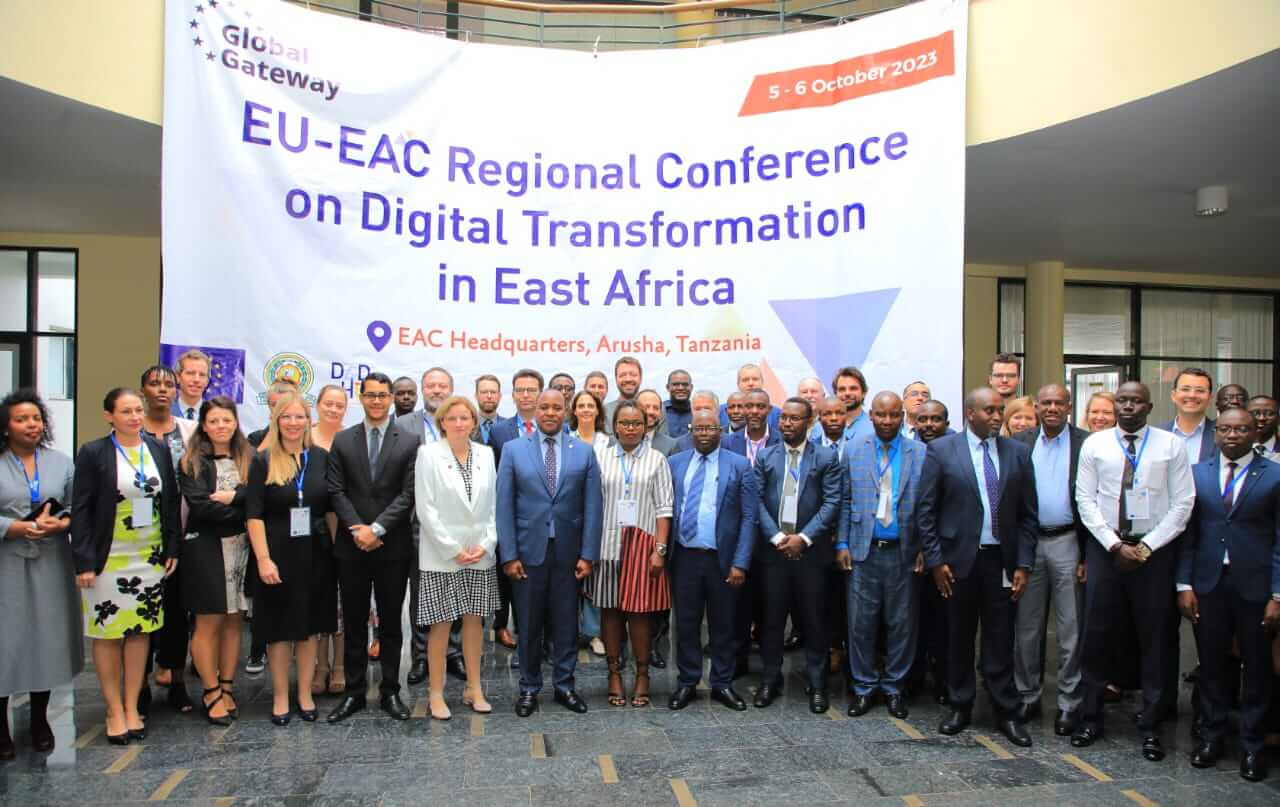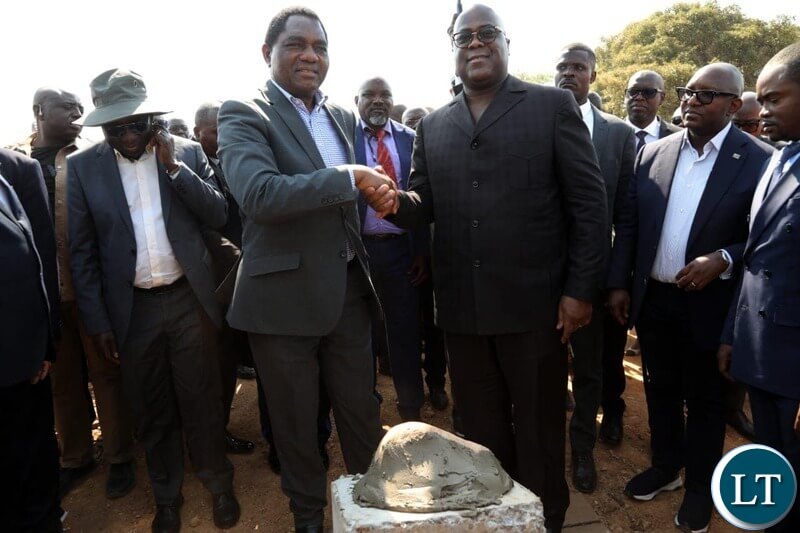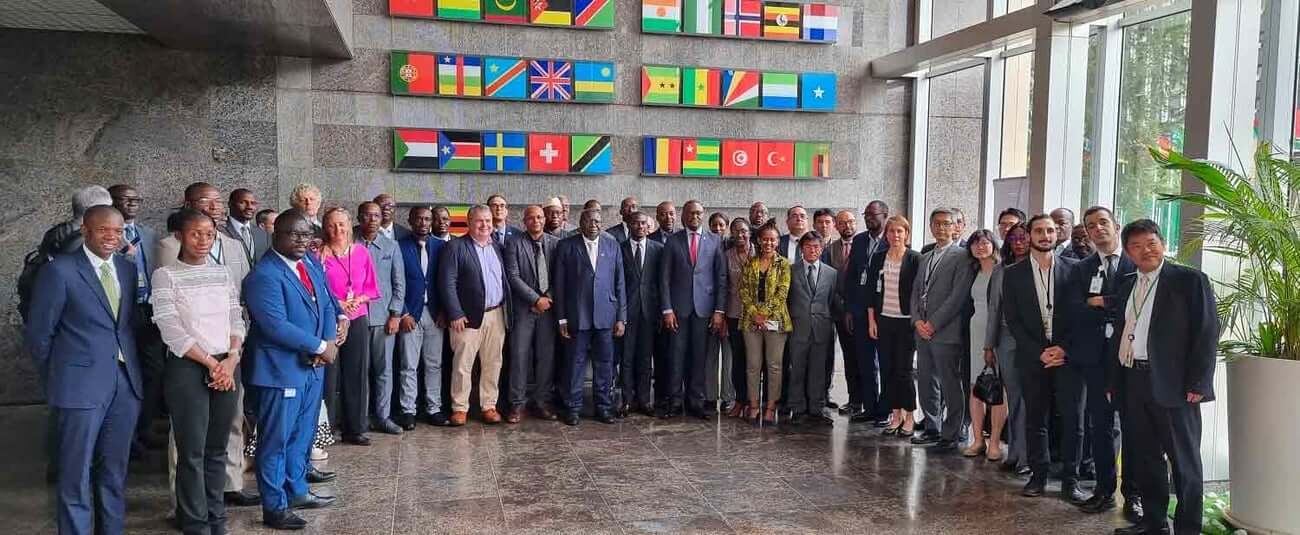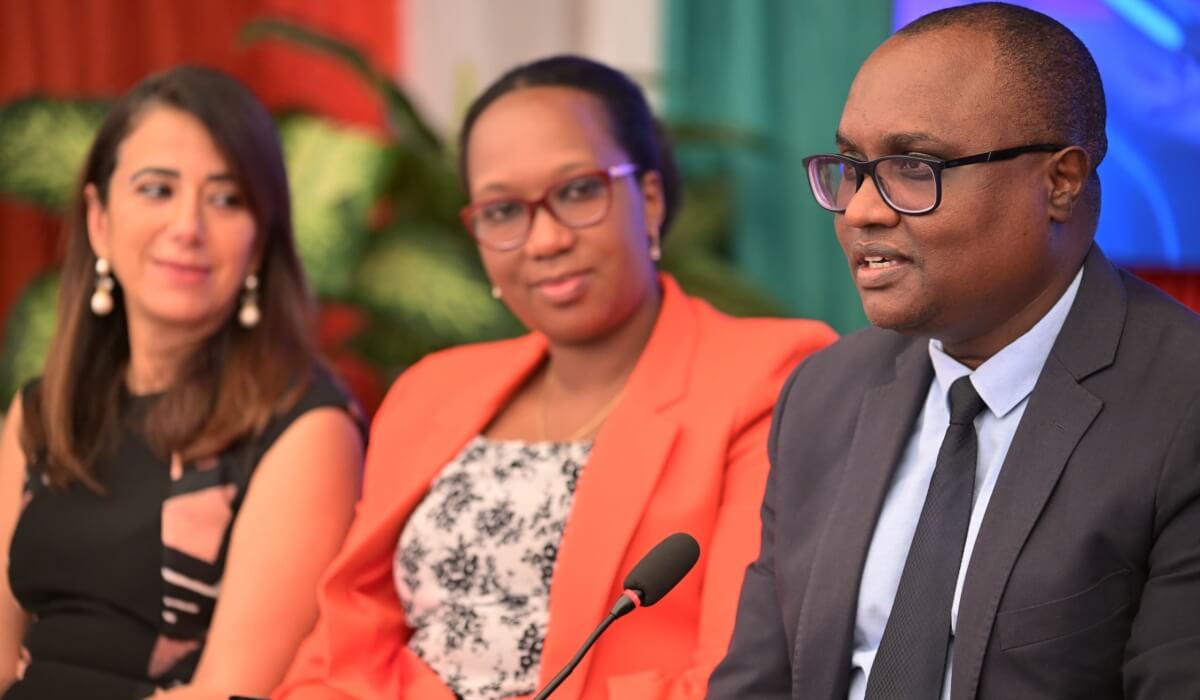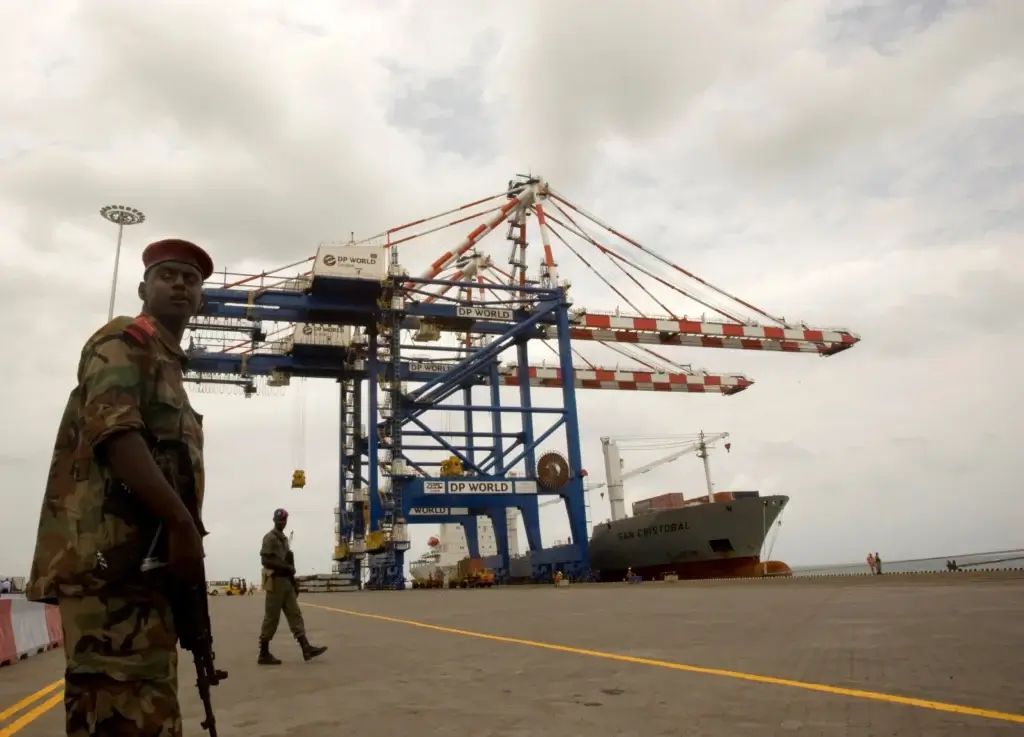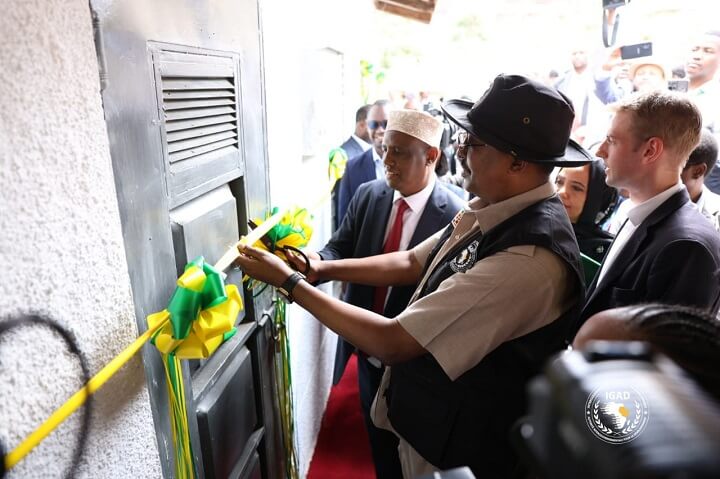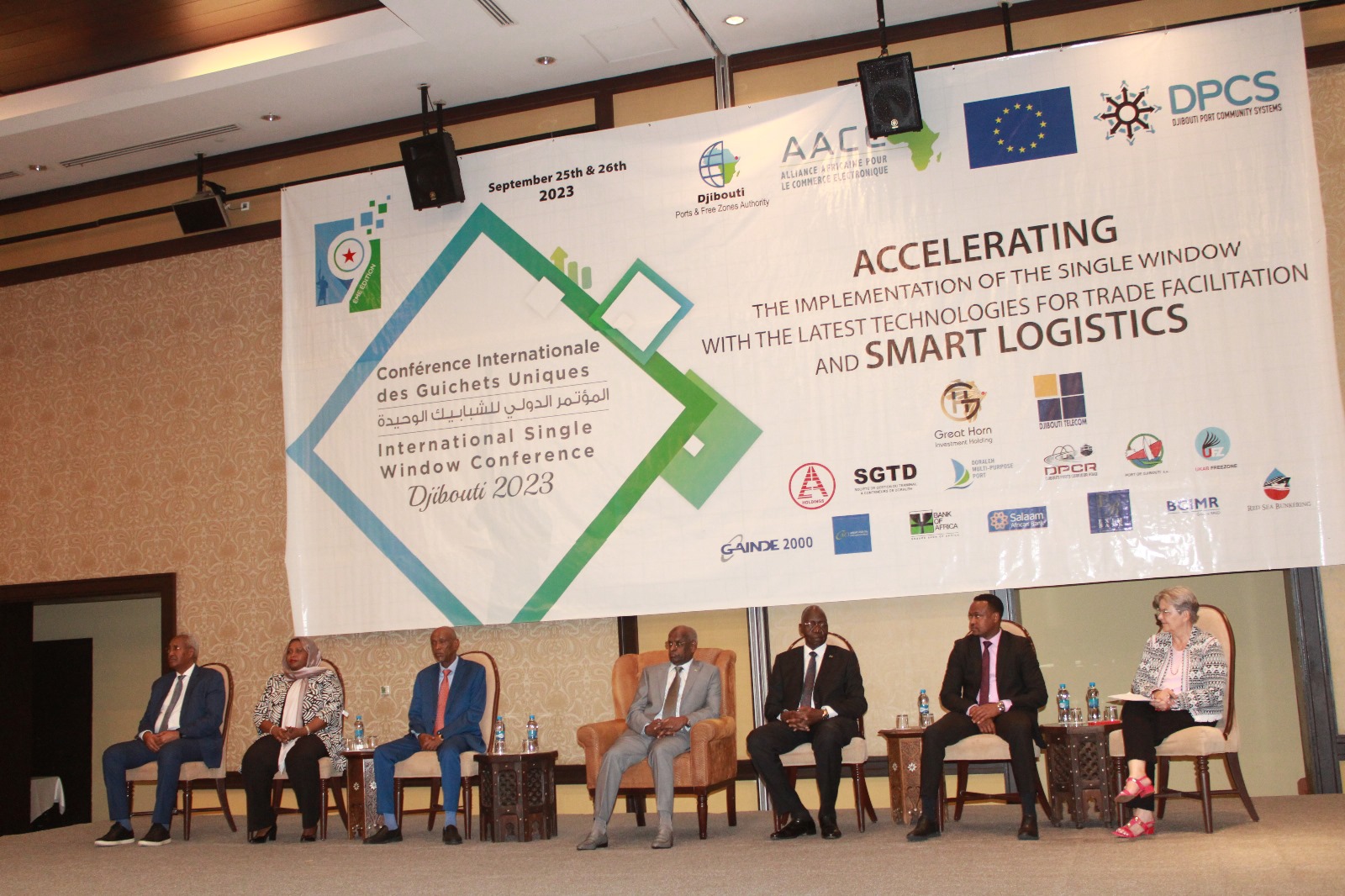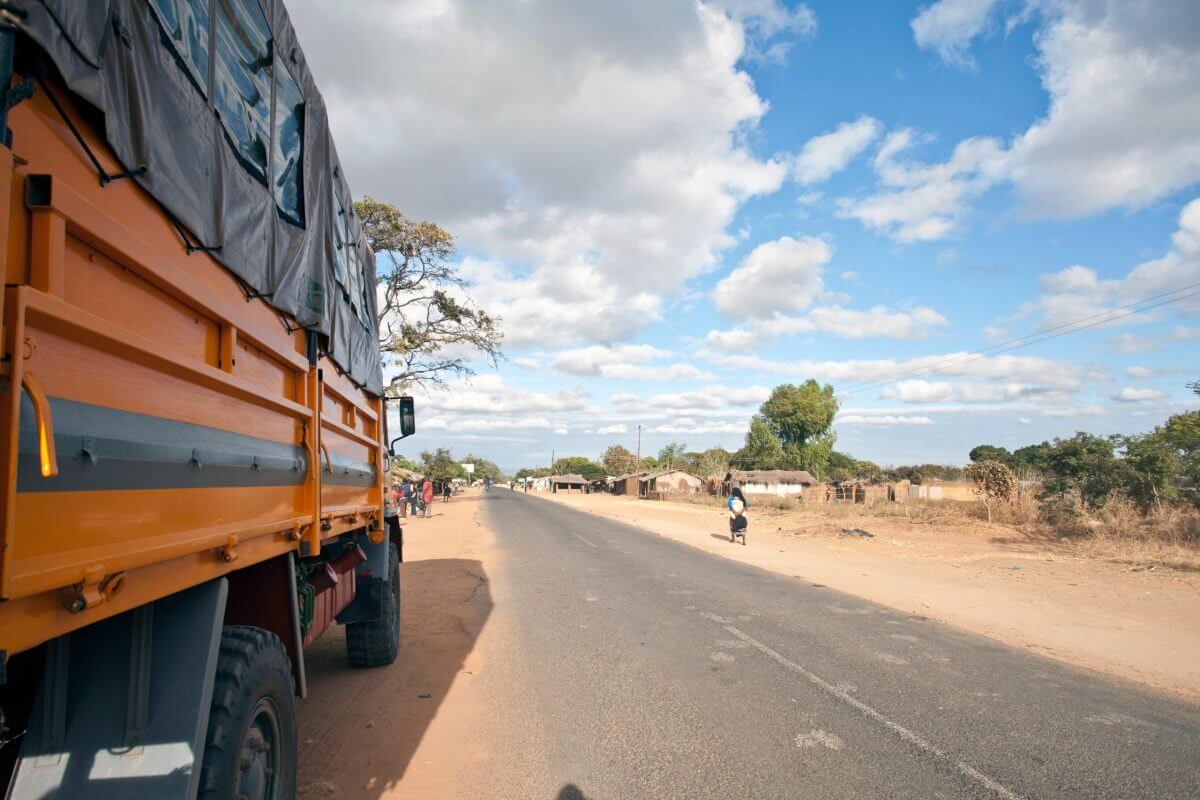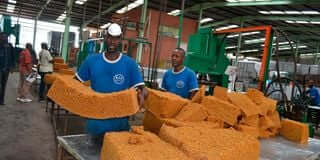THE East African Community (EAC) and the European Union (EU) have committed and agreed to foster a human-centric digital transformation in East Africa. The agreement centred on utilising digital technologies and innovations for regional integration. The mutual agreement came after a two-day conference that was facilitated by the Digital for Development (D4D) Hub, which unites key stakeholders from the EAC region and European partners. The EAC Secretary General, Dr Peter Mathuki, who officially opened the two-day conference, said that the EAC is keen on creating a single regional digital market comprising an online market, a data market, and a connectivity market. “This is underpinned by digital skills, innovation, infrastructure, financing and a conducive legal and regulatory environment. “Achieving this requires digitalisation in various sectors and integration platforms,” said Dr Mathuki when opening the 1st EU-EAC Regional Conference on Digital Transformation in the East African Community, in Arusha, Tanzania last Thursday. The EAC’s primary goal is to develop a regional digital market for digital trade in East Africa. Also, the digital initiative is crucial for the development of the region, as well as for the effective implementation of the African Continental Free Trade Area (AfCFTA). “Our partner states also need to agree on regulations to foster digital markets, including data governance and artificial intelligence (AI) standards,” said the Secretary General adding: ‘‘It is also incumbent on partner states to harmonise regulations and build capacity for data governance and AI standards.” The EAC and EU collaborative effort aims to assess the current...
EAC-EU develop joint roadmap to foster digital transformation in East Africa
Posted on: October 13, 2023
Posted on: October 13, 2023

